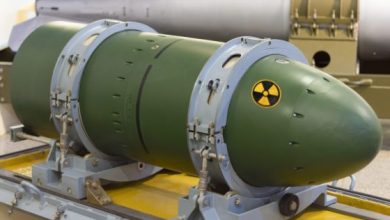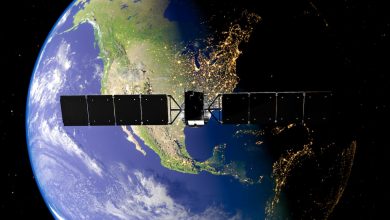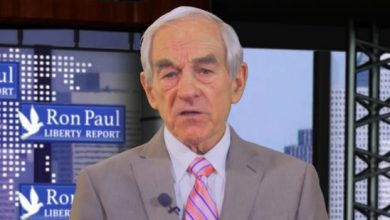Russia Calls U.S. “An Enemy”

The Kremlin has referred the United States as “an enemy”, using more harsh language than it had in the past. Previously, Kremlin spokesman Dmitry Peskov referred to the ruling class in Washington and its allies as “unfriendly states” or “opponents.”
The use of the term “enemy” is definitely a step up, and one the U.S. wholeheartedly deserves for its involvement as a proxy in Russia’s war with Ukraine.
Stop The Denial: Ukraine Is A Proxy War That Will Lead To Wider World War
Washington’s refusal to allow former U.S. marine, United Nations weapons inspector, and Russia Today contributor Scott Ritter to travel to St. Petersburg was “the latest manifestation of the rabid campaign to prevent U.S. citizens from interacting with the Russian Federation.” This would only be “understandable” if it was somehow related to his former intelligence status, Peskov told journalists on Tuesday, according to a report by RT.
“We are now an enemy country for them – much like they are for us,” Peskov said while acknowledging that restrictions applying to former intelligence officers, especially on travel “to a hostile country,” are common across the world.
While Russia continues with the rhetoric, that seems to be where it’s stopping. Red lines of Moscow’s have crossed and there has been little repercussions for the West so far other than tough talking.
Ukraine And NATO Urge U.S. To Cross Another One Of Russia’s “Red Lines”
The shift in language follows the U.S. ruling class’s decision to cross yet another one of Russia’s red lines. Washington will allow Kiev use American-supplied weapons against targets inside Russia, beyond what the U.S. considers Ukrainian territory.
“The point is not that they are helping our enemy, but that they are our enemy,” the Russian president Vladimir Putin said in January. He was arguing that the conflict between Moscow and Kiev was orchestrated by Western elites who seek to inflict a “strategic defeat” on Russia.
If the West is truly Russia’s enemy, how much time to we have before Moscow begins to offer Washington the “Ukraine treatment?”







